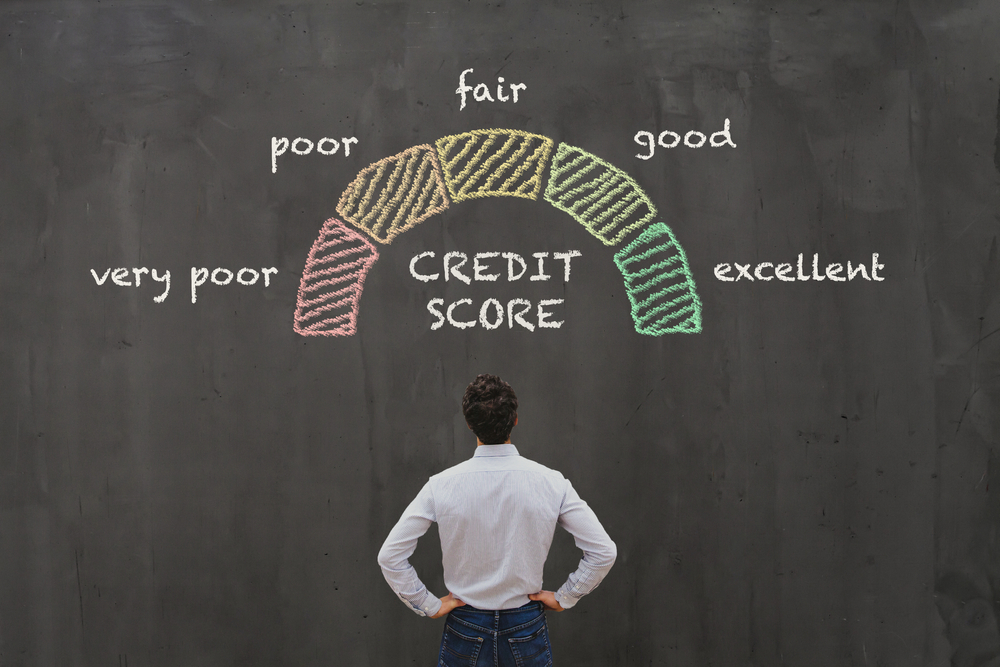The credit score remains a significant numerical value that has a far-reaching influence on different aspects of financial life. Whether you apply for a loan, want an apartment, or even purchase insurance, your credit score will to a large extent determine whether you will be eligible and the terms you will get.
After having a good credit score and its power to give you more financial chances, you are ready to begin the journey towards the life you want. Here we will explain the basics of credit scores with the goal of helping you attain and enhance your own credit score.
What is a credit score?
A credit score is a three-digit notation of your financial dependability, evinced by your credit history and records. It is like a numerical expression of how expectedly you will show up to say ‘thank you’ for borrowing money. The current credit score spectrum is usually between 300 and 850 points, with higher figures indicating a smaller lending risk.

Components of a Credit Score:
Payment History (35%): Your credit history, with its payments as the major element determining your credit score, is the most important one. It is a sign that you are responsible if you pay your bills on time, including credit card payments, loan payments, and other financial obligations.
Credit Utilisation (30%): Credit utilisation is a term to describe the amount of credit that you’re currently relying on compared to your available total credit. Maintaining a low credit utilisation rate, in fact quite low, well below 30%, should be the most important hallmark of a sound credit approach.
Length of Credit History (15%): The length of your credit history is a factor that accounts for the time your credit accounts open. Usually, the longer your credit history, the better it is from a lender’s perspective since you have much more information to rely upon when evaluating your creditworthiness.
Types of Credit (10%): Lenders always like to see a combination of different types of credit, including credit cards, installments, and mortgages, in your credit history records. Credit card diversification that involves having a mix of credit types increases the chances of improving the score.
New Credit Inquiries (10%): Multiple new credit accounts opened within a short period of time are viewed as a risky practice. Every time an inquiry is made in your credit report due to an application for credit, it is a hard inquiry that temporarily lowers your score.
Tips to Build and Improve Credit:
Pay Bills on Time: Timely payment of bills right from the beginning is one of the most significant factors that can help you keep your credit score clean and in good standing. Establish an automatic payment or healing so there will always be a day payment.
Reduce Credit Card Balances: Reducing your credit card balances may increase them in accordance with their meaning, which mainly weighs on your credit score. One of the quick hacks to build your credit score is to keep your balances within your credit limit.
Limit New Credit Applications: Wherever you go for a new credit, this can result in a hard inquiry, which will be reported on your credit report for a limited period, and this can cause a slight dip in your score. Do not settle for applying for any new credit if there is no such need.
Monitor Your Credit Report: Periodically, make sure that you have used the three big credit companies, such as Equifax, TransUnion, and Experian, to check for any errors or fraudulent activities. Do not hesitate to grab the wonderful opportunity of receiving a free credit report from each bureau three times a year.
Maintain Long-Term Accounts: An optimal strategy for credit score improvement would entail keeping open credit accounts, especially those with a good payment history, to help increase credit age and, as a result, the likelihood of getting a high score.
Diversify Your Credit Mix: If you have a single credit account, try to add diversity by introducing other forms of credit, i.e., installment loans and a line of credit, to your portfolio. Render all these accounts with due amounts of transparency.
Use Credit Wisely: While credit, in itself, is essential for building up a credit history, its usage in a responsible way and being aware that its misuse is a major ailment for an individual are extremely crucial. Do not use all the credit limits available by borrowing what you are able to repay.

Conclusion:
Getting acquainted with your credit score and the radical measures you can undertake to stay in credit and develop it further are therefore necessary for your financial planning. For instance, not missing a single payment, being prudent with your credit limits, and tracking your credit report as often as possible will help you improve your credit standing, which ultimately translates to enjoying life amidst better financial opportunities.
